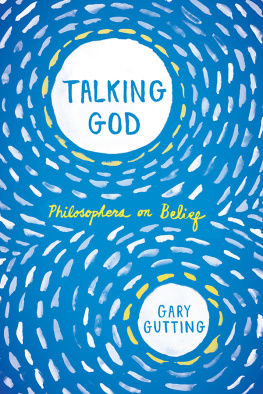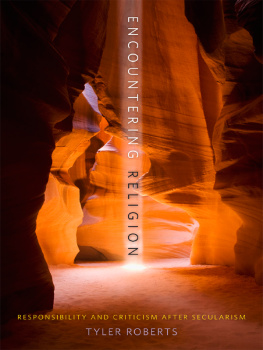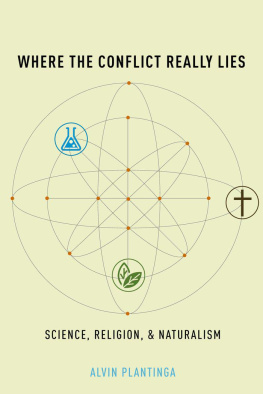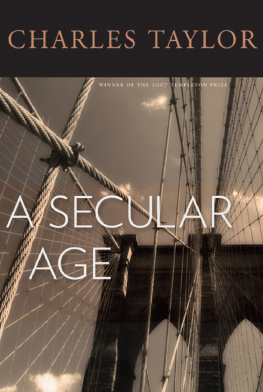The Terry Lectures
LIFE AFTER FAITH
Other Volumes in the Terry Lectures Series Available from Yale University Press
The Courage to Be Paul Tillich
Psychoanalysis and Religion Erich Fromm
Becoming Gordon W. Allport
A Common Faith John Dewey
Education at the Crossroads Jacques Maritain
Psychology and Religion Carl G. Jung
Freud and Philosophy Paul Ricoeur
Freud and the Problem of God Hans Kng
Master Control Genes in Development and Evolution Walter J. Gehring
Belief in God in an Age of Science John Polkinghorne
Israelis and the Jewish Tradition David Hartman
The Empirical Stance Bas C. van Fraassen
One World: The Ethics of Globalization Peter Singer
Exorcism and Enlightenment H. C. Erik Midelfort
Reason, Faith, and Revolution: Reflections on the God Debate Terry Eagleton
Thinking in Circles: An Essay on Ring Composition Mary Douglas
The Religion and Science Debate: Why Does It Continue? Edited by Harold W. Attridge
Natural Reflections: Human Cognition at the Nexus of Science and Religion Barbara Herrnstein Smith
Absence of Mind: The Dispelling of Inwardness from the Modern Myth of the Self Marilynne Robinson
Islam, Science, and the Challenge of History Ahmad Dallal
The New Universe and the Human Future: How a Shared Cosmology Could Transform the World Nancy Ellen Abrams and Joel R. Primack
The Scientific Buddha: His Short and Happy Life Donald S. Lopez, Jr.

Published with assistance from the Mary Cady Tew Memorial Fund.
Copyright 2014 by Yale University.
All rights reserved.
This book may not be reproduced, in whole or in part, including illustrations, in any form (beyond that copying permitted by Sections 107 and 108 of the U.S. Copyright Law and except by reviewers for the public press), without written permission from the publishers.
Yale University Press books may be purchased in quantity for educational, business, or promotional use. For information, please e-mail (U.K. office).
Set in Adobe Garamond and Gotham type by IDS Infotech Ltd., Chandigarh, India.
Printed in the United States of America.
Library of Congress Cataloging-in-Publication Data
Kitcher, Philip, 1947
Life after faith : the case for secular humanism / Philip Kitcher
pages cm The Terry lectures
Includes bibliographical references and index.
ISBN 978-0-300-20343-1 (alk. paper)
1. Secular humanism. I. Title.
BL2747.6.K58 2014
211.6dc23 2014010384
A catalogue record for this book is available from the British Library.
This paper meets the requirements of ANSI/NISO Z39.48--1992 (Permanence of Paper).
10 9 8 7 6 5 4 3 2 1
For Sully
and his parents,
with love
The Dwight Harrington Terry Foundation Lectures on Religion in the Light of Science and Philosophy
The deed of gift declares that the object of this foundation is not the promotion of scientific investigation and discovery, but rather the assimilation and interpretation of that which has been or shall be hereafter discovered, and its application to human welfare, especially by the building of the truths of science and philosophy into the structure of a broadened and purified religion. The founder believes that such a religion will greatly stimulate intelligent effort for the improvement of human conditions and the advancement of the race in strength and excellence of character. To this end it is desired that a series of lectures be given by men eminent in their respective departments, on ethics, the history of civilization and religion, biblical research, all sciences and branches of knowledge which have an important bearing on the subject, all the great laws of nature, especially of evolution ... also such interpretations of literature and sociology as are in accord with the spirit of this foundation, to the end that the Christian spirit may be nurtured in the fullest light of the world's knowledge and that mankind may be helped to attain its highest possible welfare and happiness upon this earth. The present work constitutes the latest volume published on this foundation.
The organism, its decay, the indestructibility of matter, the law of the conservation of energy, development, were the words that had replaced his former faith. These words and the concepts connected with them were very well suited to intellectual purposes, but they gave nothing for life, and Levin suddenly felt himself in the position of a person who has traded his warm fur coat for muslin clothing and, caught in the cold for the first time, is convinced beyond question, not by reasoning but with his whole being, that he is as good as naked and must inevitably die a painful death.
Leo Tolstoy, Anna Karenina
Contents
Preface
When I was five years old, I began singing in the church choir. The boy trebles had a standard pay scale: we received small amounts for rehearsals, slightly larger fees for services, and bonuses for special occasionsa florin (two shillings) for a funeral, half a crown (two shillings and sixpence) for a wedding, showing apparently that joy pays better than grief. Most of my income was to be saved, deposited for me in a Post Office Savings Account, but I was allowed to keep a little as pocket money.
For the next twenty-one years I continued to sing church music (soon no longer paid), attending services regularlyin my boarding school days even at the rate of eight a week. I have seen a lot of light fall through stained glass windows, have felt the sonorities of the Authorized Version (the King James Bible) press themselves into my linguistic consciousness, have dozed through a good number of sermons and been inspired by others. Above all, I have been caught up in the music, from the minor compositions of the Anglican rite (Wood and Darke and Stanford) to the magisterial works of the Western tradition (from Josquin to Britten and beyond). As a teenager, I was unusually lucky, for, instead of abruptly breaking, my voice sank gently over several years, allowing me to sing the four main parts (soprano, alto, tenor, and bass) in the course of its descent. So I have represented all four voices in Handel's Messiah and in Brahms's Deutsches Requiem.
In my early teens, my faith began to slip, underwent a few bouts of renewal, and then disappeared for good. Since I was at school, at the religious, royal, and ancient foundation of Christ's Hospital, there was no option of skipping services, and I continued to sing, even fortissimo in the appropriate places, while mumbling or avoiding the spoken responses. The pattern was set, and neither as an undergraduate at Cambridge nor as a graduate student at Princeton did it seem to me necessary to abandon the music I loved simply because I no longer believed the words. Only later, when I discovered other, less time-consuming opportunities for amateur music-making, did my Sunday morning habits fall into line with my intellectual convictions.
Throughout my career as a teacher of philosophy, I have often returned to thinking about religion, trying from various angles to elaborate my conviction about some things and my lack of conviction about others. An early book scrutinizing the Creationist campaign against Darwin (Abusing Science) seemed incomplete without a final chapter on the relations between evolution and religionand Patricia Kitcher and I duly co-wrote one. Over the years, our discussion came to seem unsatisfactory to me (and my co-author was far quicker than I in discerning its shortcomings). I have since tried againand againto explain why I take religious doctrines to have become incredible, and why, despite this fact, I resist the now dominant atheist idea that religion is noxious rubbish to be buried as deeply, as thoroughly, and as quickly as possible.
Next page
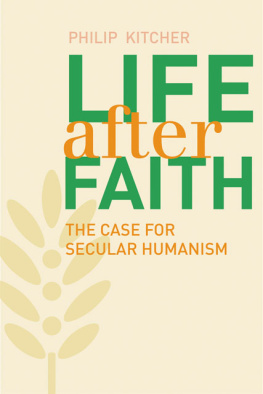
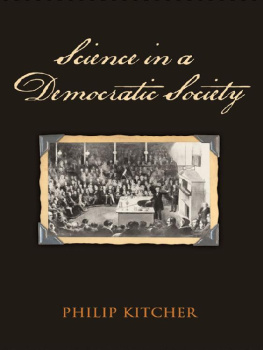
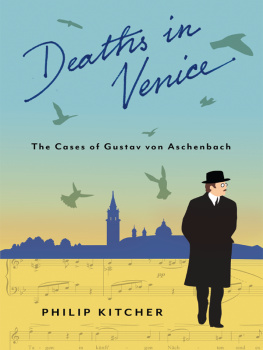

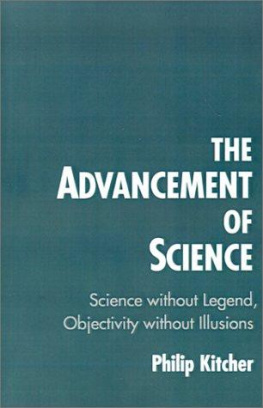
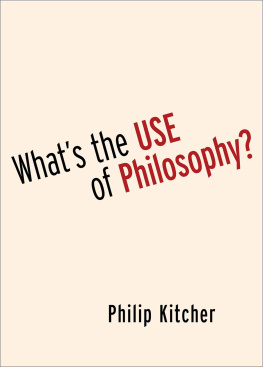
![Blackford - Freedom of religion [and] the secular state](/uploads/posts/book/167779/thumbs/blackford-freedom-of-religion-and-the-secular.jpg)

